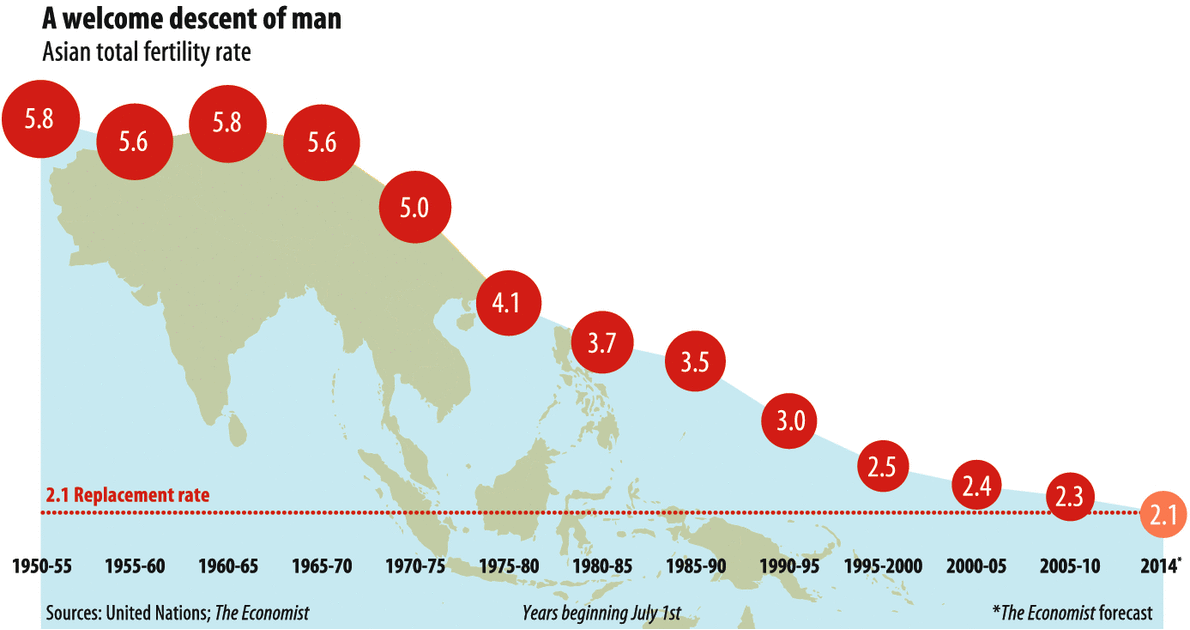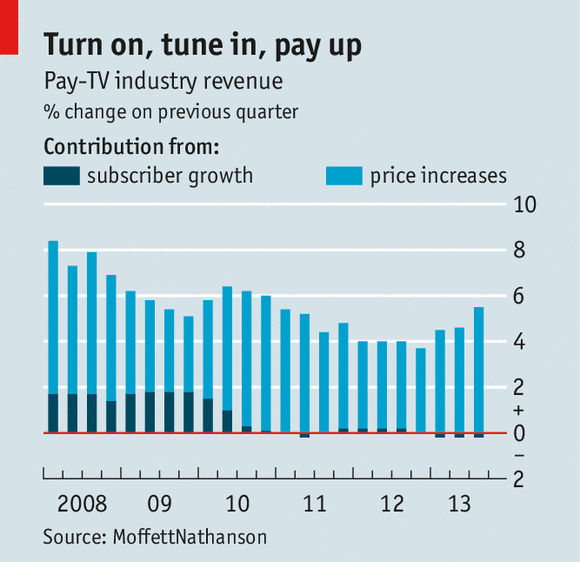It's worth noting that Schmidt has a shaky track record on predictions. At Le Web in 2011 he famously forecast that developers would be shunning iOS to start developing on Android first, and that Google TV would be installed on 50% of all TVs on sale by summer 2012.
It didn't turn out that way: even now, many apps start on iOS, and Google TV fizzled out as companies such as Logitech found that it didn't work as well as Android to tempt buyers.
Since that, Schmidt has been a lot more cautious about predicting trends and changes - although he hasn't been above the occasional comment which seems calculated to get a rise from his audience, such as telling executives at a Gartner conference that Android was more secure than the iPhone - which they apparently found humourous.












